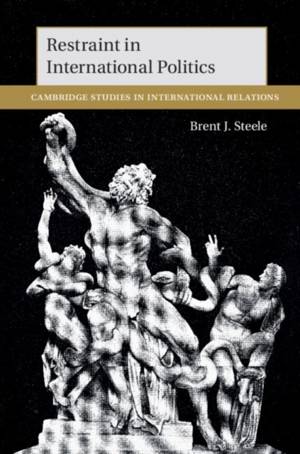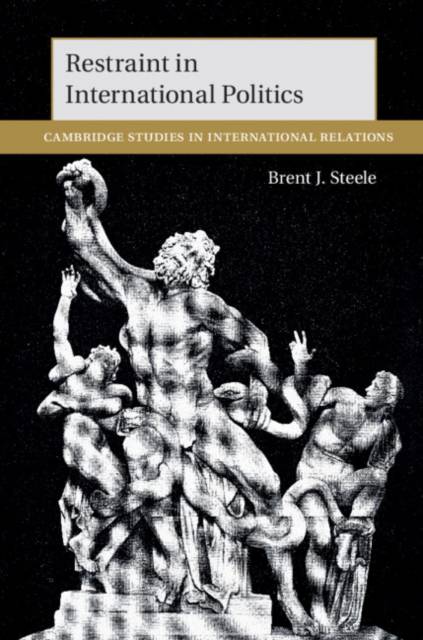
- Afhalen na 1 uur in een winkel met voorraad
- Gratis thuislevering in België vanaf € 30
- Ruim aanbod met 7 miljoen producten
- Afhalen na 1 uur in een winkel met voorraad
- Gratis thuislevering in België vanaf € 30
- Ruim aanbod met 7 miljoen producten
Zoeken
Omschrijving
The first comprehensive examination of restraint in international politics, considered across a range of psychological, social, political, and institutional contexts as a political process, device, and strategy. Surveying how restraint has been understood in international relations and political theory, with focus given to Aristotle and Machiavelli, Steele utilises Carl Jung's theories of complexes and the libido to broaden the conceptual definition of restraint as a phenomenon that is not only individual and inward-looking, but also relational and societal. Exploring its development, uses, expressions and challenges through history and in contemporary times, this book analyses the politics of restraint in processes of security, political economy, foreign policy and global public health. Situating restraint alongside similar concepts such as moderation, containment, and constraint, Steele asks against what, and from what, are we restraining ourselves, who authorizes restraint, and what are the risks and rewards (both ethical and practical). Steele concludes with a balanced political and normative argument for restraint going forward.
Specificaties
Betrokkenen
- Auteur(s):
- Uitgeverij:
Inhoud
- Aantal bladzijden:
- 316
- Taal:
- Engels
- Reeks:
- Reeksnummer:
- nr. 151
Eigenschappen
- Productcode (EAN):
- 9781108486088
- Verschijningsdatum:
- 17/10/2019
- Uitvoering:
- Hardcover
- Formaat:
- Genaaid
- Afmetingen:
- 160 mm x 234 mm
- Gewicht:
- 589 g

Alleen bij Standaard Boekhandel
+ 251 punten op je klantenkaart van Standaard Boekhandel
Beoordelingen
We publiceren alleen reviews die voldoen aan de voorwaarden voor reviews. Bekijk onze voorwaarden voor reviews.











